France, Italy and Spain announced evacuations from Niger for their citizens and other European nationals Tuesday, concerned that they risked becoming trapped by a military coup that won backing from three other West African nations also ruled by mutinous soldiers.
France’s Foreign Ministry cited recent violence that targeted its embassy in Niamey, the capital, as one of the reasons for its decision to offer evacuation flights to several hundred of its citizens and other Europeans. It said the closure of Niger’s airspace “leaves our compatriots unable to leave the country by their own means.”
Spain’s Defense Ministry announced preparations to evacuate more than 70 nationals and Italy also said it was arranging a flight. The foreign office in Germany recommended that its citizens accept France’s offer to fly them out.
The evacuations come during a deepening crisis sparked by the coup last week against Niger’s democratically elected president, Mohamed Bazoum. His apparent overthrow is a blow for Western nations that were working with Niger against West African extremists.
In Niamey hotels, Europeans packed bags.
A former French military official who had been training the Nigerien army as a civilian told The Associated Press that he was departing despite the fact that his “job is not finished.” Speaking on condition of anonymity for security reasons, he said the military takeover happened quickly and took many people by surprise.
The West African regional body known as ECOWAS announced travel and economic sanctions against Niger on Sunday and said it could use force if the coup leaders don’t reinstate Bazoum within one week.
But the new junta got backing from the military governments of Mali and Burkina Faso. They said “any military intervention against Niger will be considered as a declaration of war against Burkina Faso and Mali.”
The two countries also denounced ECOWAS’ economic sanctions as “illegal, illegitimate and inhumane” and refused to apply them.
ECOWAS suspended all commercial and financial transactions between its member states and Niger, as well as freezing Nigerien assets held in regional central banks. Niger relies heavily on foreign aid, and sanctions could further impoverish its more than 25 million people.
Mali and Burkina Faso have each undergone two coups since 2020, as soldiers overthrew governments claiming they could do a better job fighting increasing jihadi violence linked to al-Qaida and the Islamic State group. ECOWAS has sanctioned both countries and suspended them from the bloc, but never threatened to use force.
Guinea, another country under military rule since 2021, also issued a statement in support of Niger’s junta and urged ECOWAS to “come to its senses.” Since the 1990s, the 15-nation ECOWAS has tried to protect democracies against the threat of coups, with mixed success.
The evacuations followed violence Sunday that targeted the French Embassy, with protesters burning down a door and smashing windows before the Nigerien army dispersed them. Thousands of pro-junta supporters took to Niamey’s streets. Some waved Russian flags along with signs reading “Down with France” and supporting Russian President Vladimir Putin and telling the international community to stay away.
There has been no clear explanation of the references to Russia, but some demonstrators regard it as a symbol of their anti-Western feelings.
Niger could be following in the same footsteps as Mali and Burkina Faso, both of which saw protesters waving Russian flags after their coups, analysts say.
Niger’s coup could also embolden jihadi violence, some say.
Boubacar Moussa, a former member of an al-Qaida linked group known as JNIM, said the military overthrow is exactly what the jihadis want because it will distract and weaken the army. “Jihadis are very supportive of this coup that happened in Niger, because it will allow them to become very strong,” he said.
Moussa, who spoke to the AP in Niamey, is part of a nationwide program to bring back jihadis, reintegrate them into society and use their help in counterterrorism efforts. It was spearheaded by Bazoum when he was minister of interior and is intended as an alternative to a military solution to stem violence across the country. The AP cannot verify that Moussa actively fought for JNIM.
If ECOWAS uses force, it could also trigger violence between civilians supporting the coup and those against it, Niger analysts say.
A Western diplomat in Niamey, who did not want to be identified for security reasons, said the first sanctions against the coup plotters haven’t worked so there is resolve to use military force, which could include troops from Nigeria, Benin and Ivory Coast. Niger is being squeezed and if imports are cut off, gas and food could run out quickly, the diplomat said.
Observers believe Bazoum is being held at his house in Niamey. The first photos of him since the coup appeared Sunday evening, sitting on a couch smiling beside Chad President Mahamat Deby, who had flown in to mediate between the government and the junta.
Both the United States and France have sent troops and hundreds of millions of dollars of military and humanitarian aid in recent years to Niger, which was a French colony until 1960. In the capital, many people live in makeshift shelters and scramble daily to make enough money to feed their children. Niger was seen as the last partner working with the West against extremism in a Francophone region where anti-French sentiment opened the way for the Russian private military group Wagner.
The U.S. will consider cutting aid if the coup is successful, the State Department said Monday. Aid is “very much in the balance depending on the outcome of the actions in the country,” said department spokesman Matt Miller. “U.S. assistance hinges on continued democratic governance in Niger.”
-AP

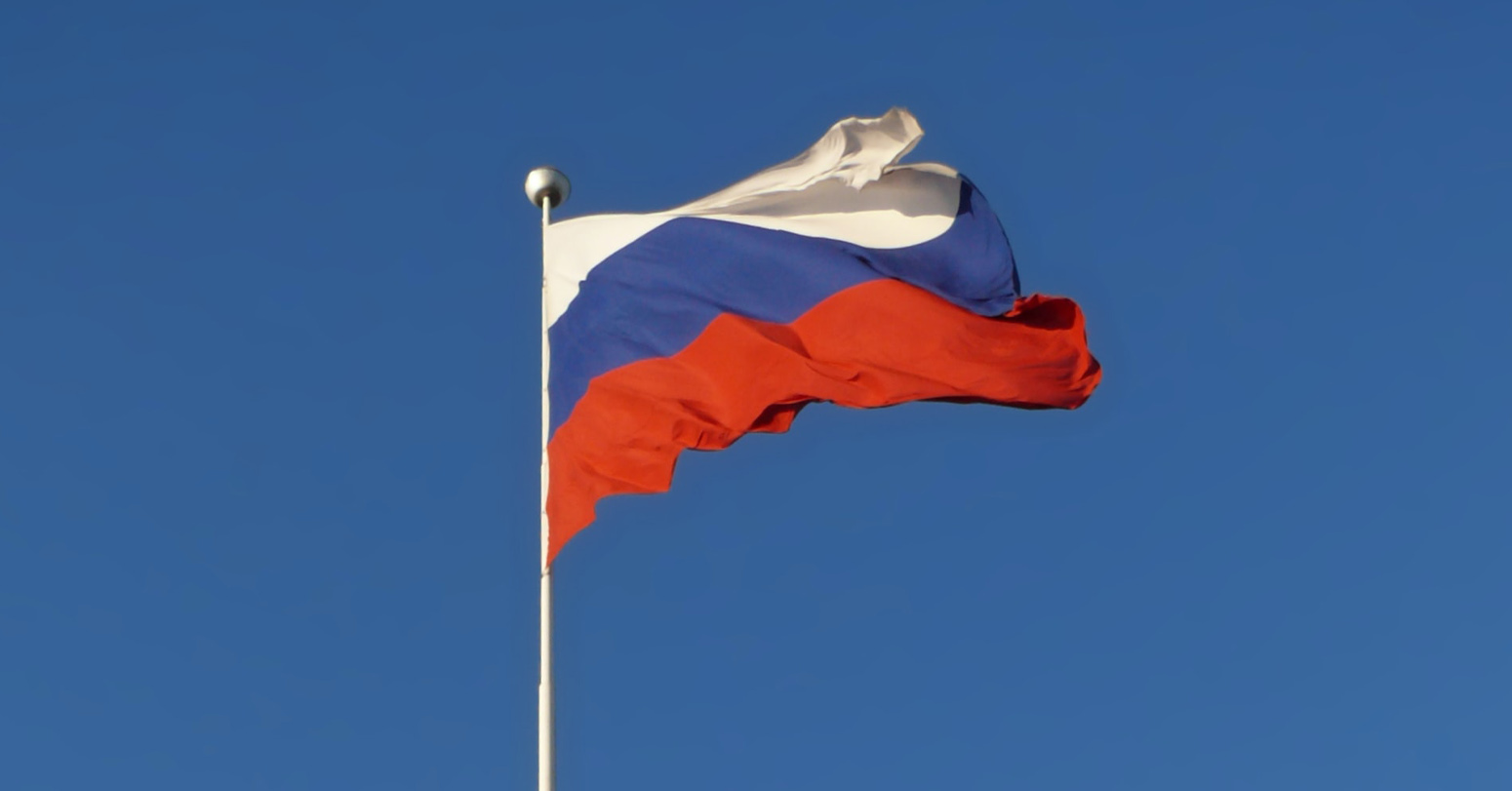
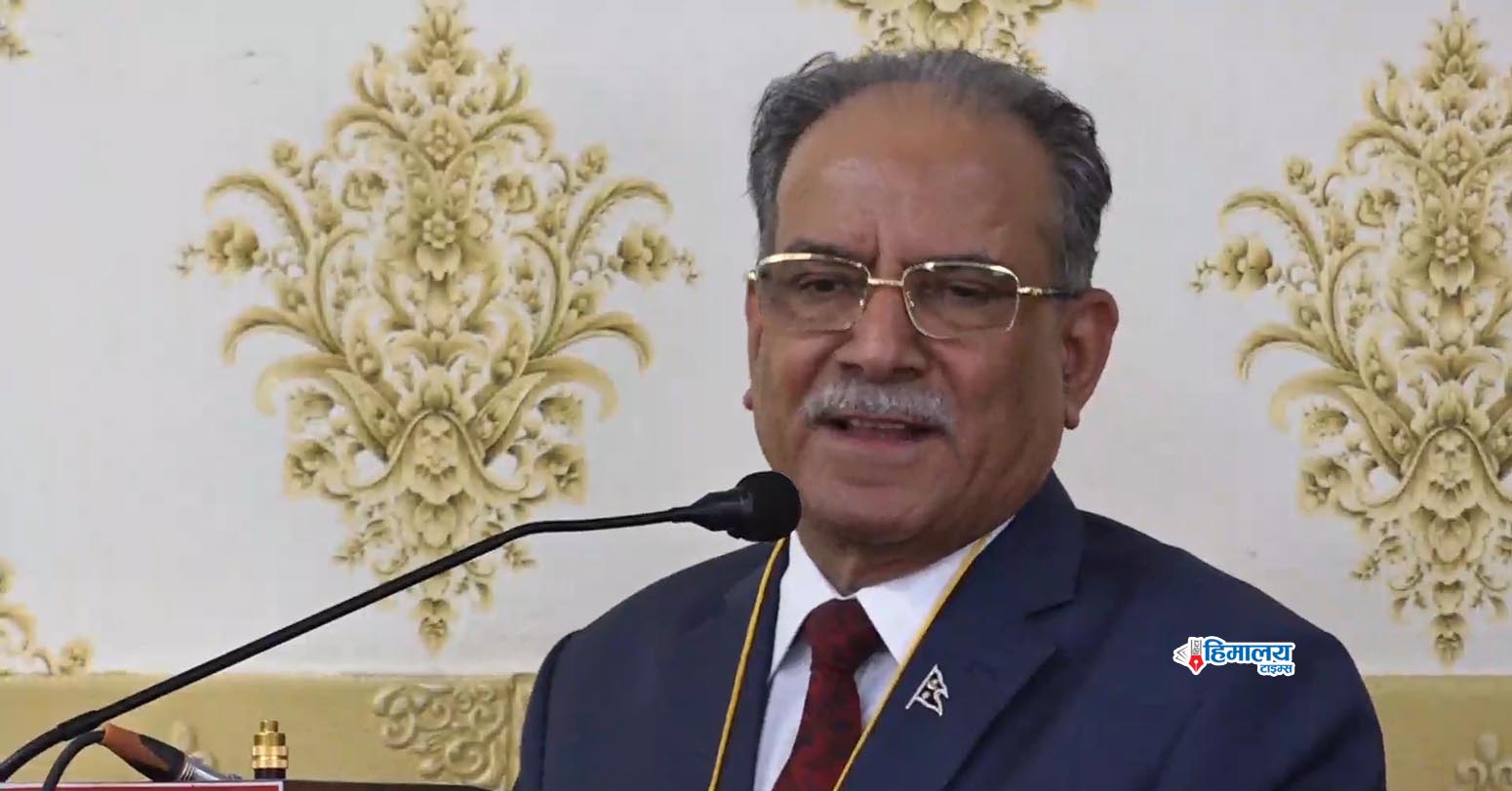

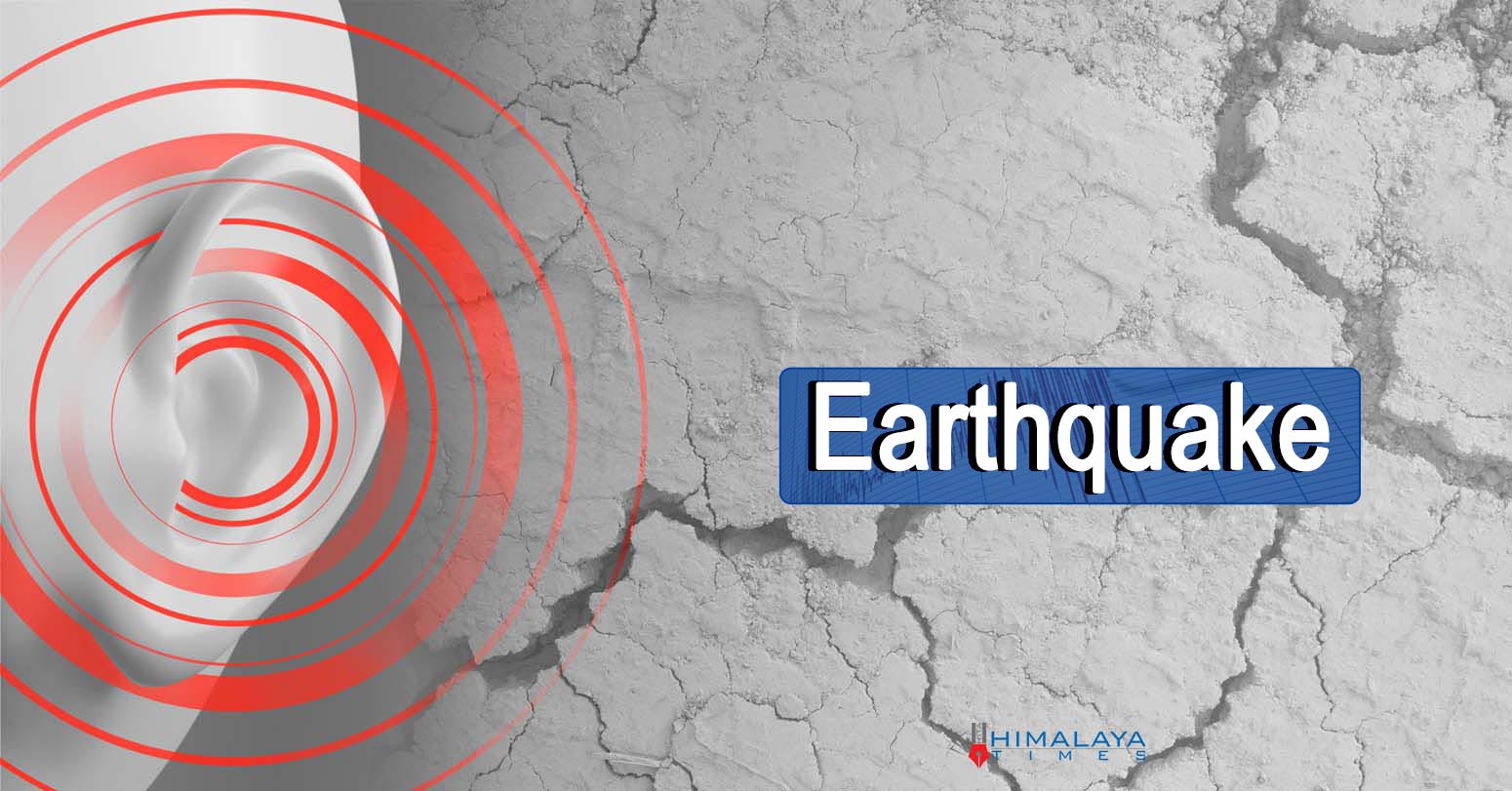
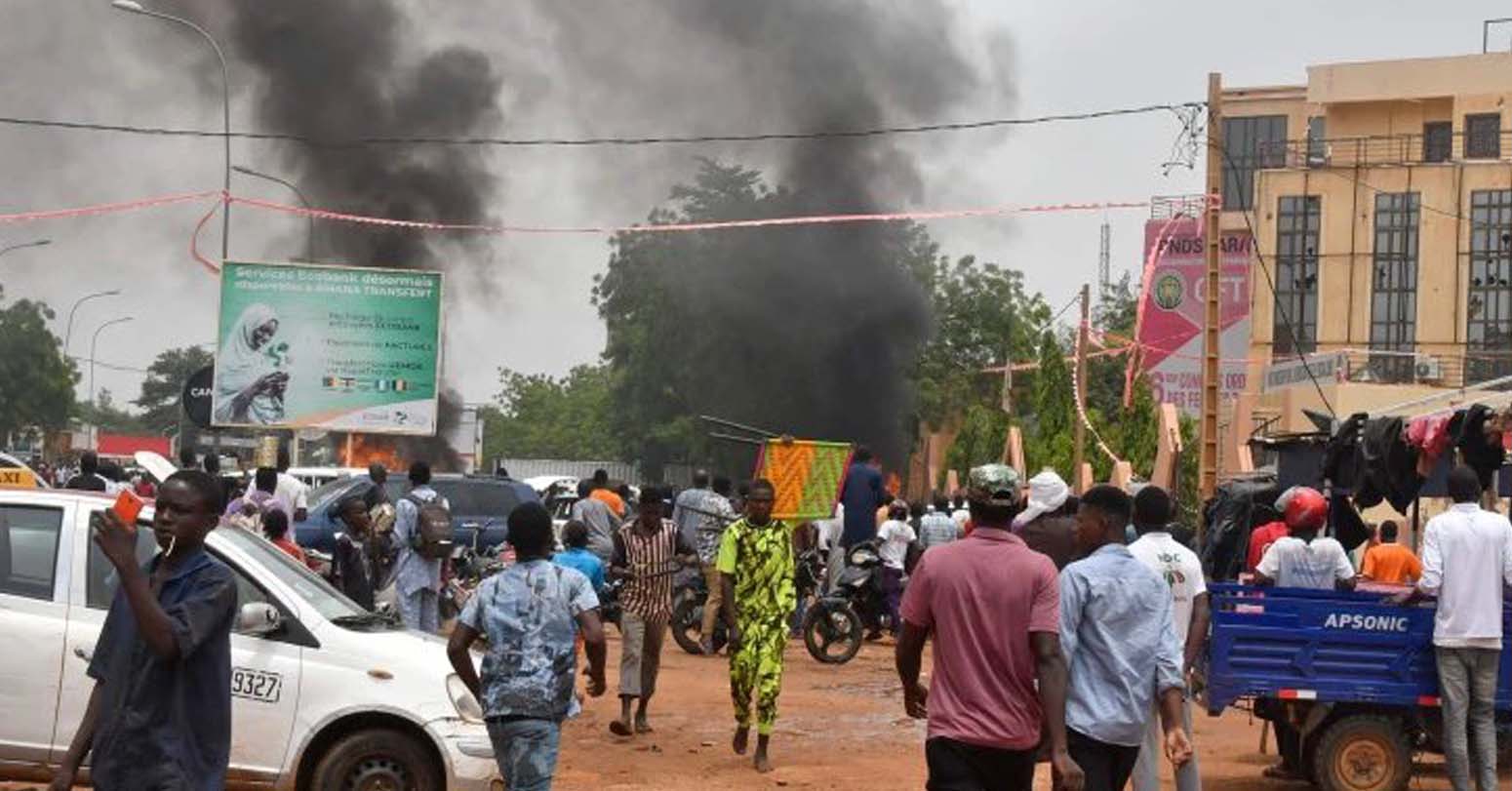

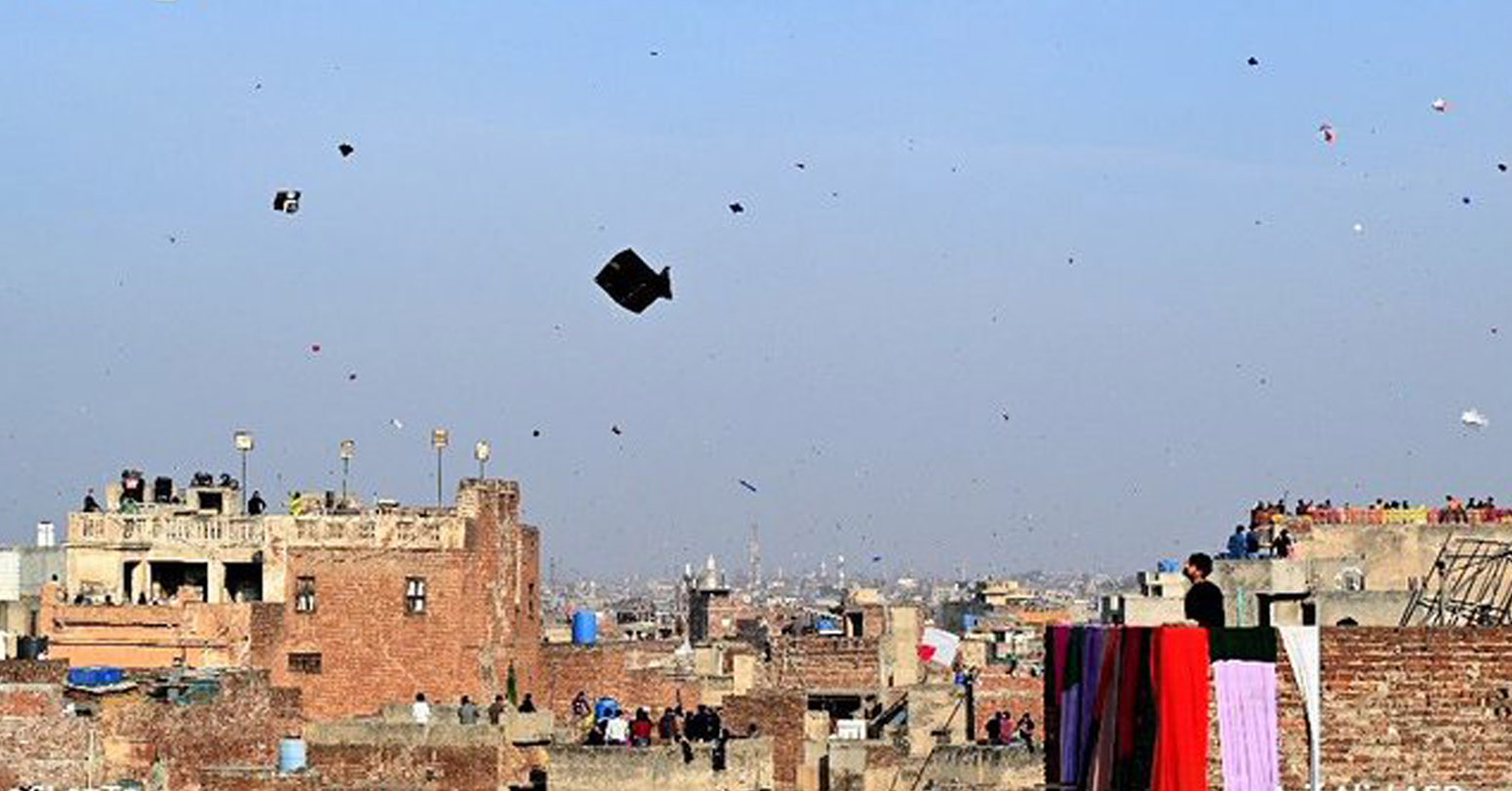

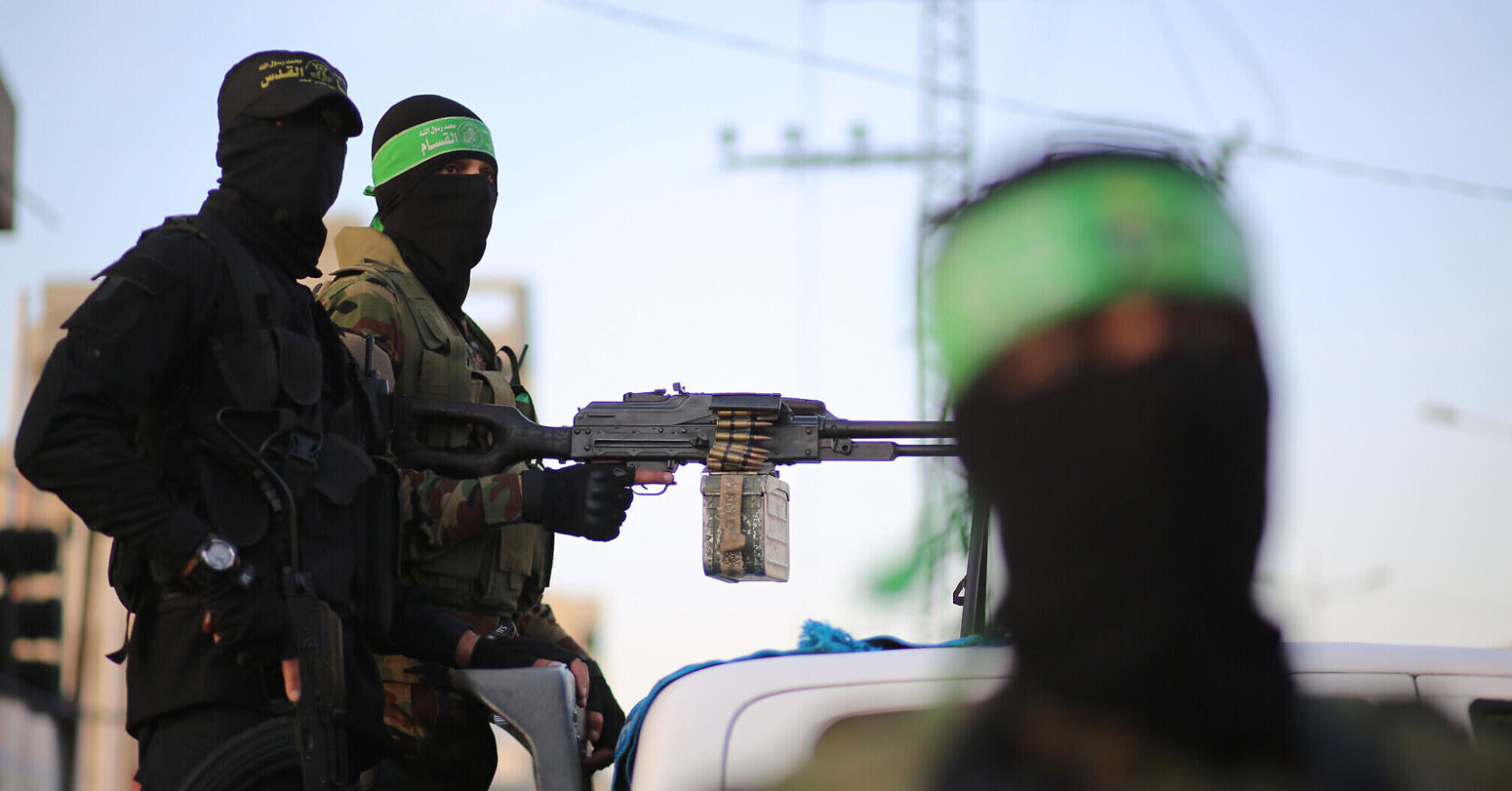
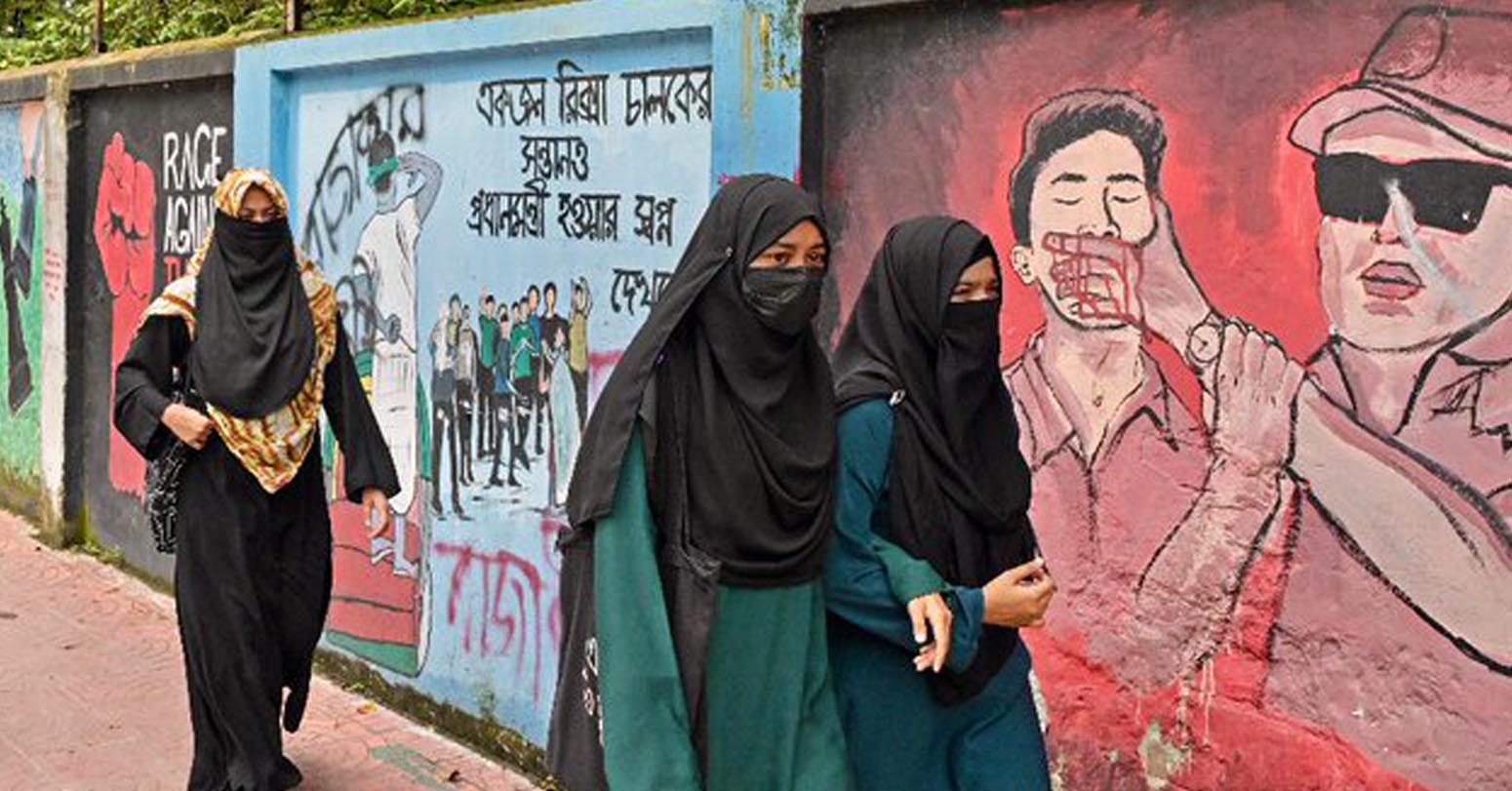



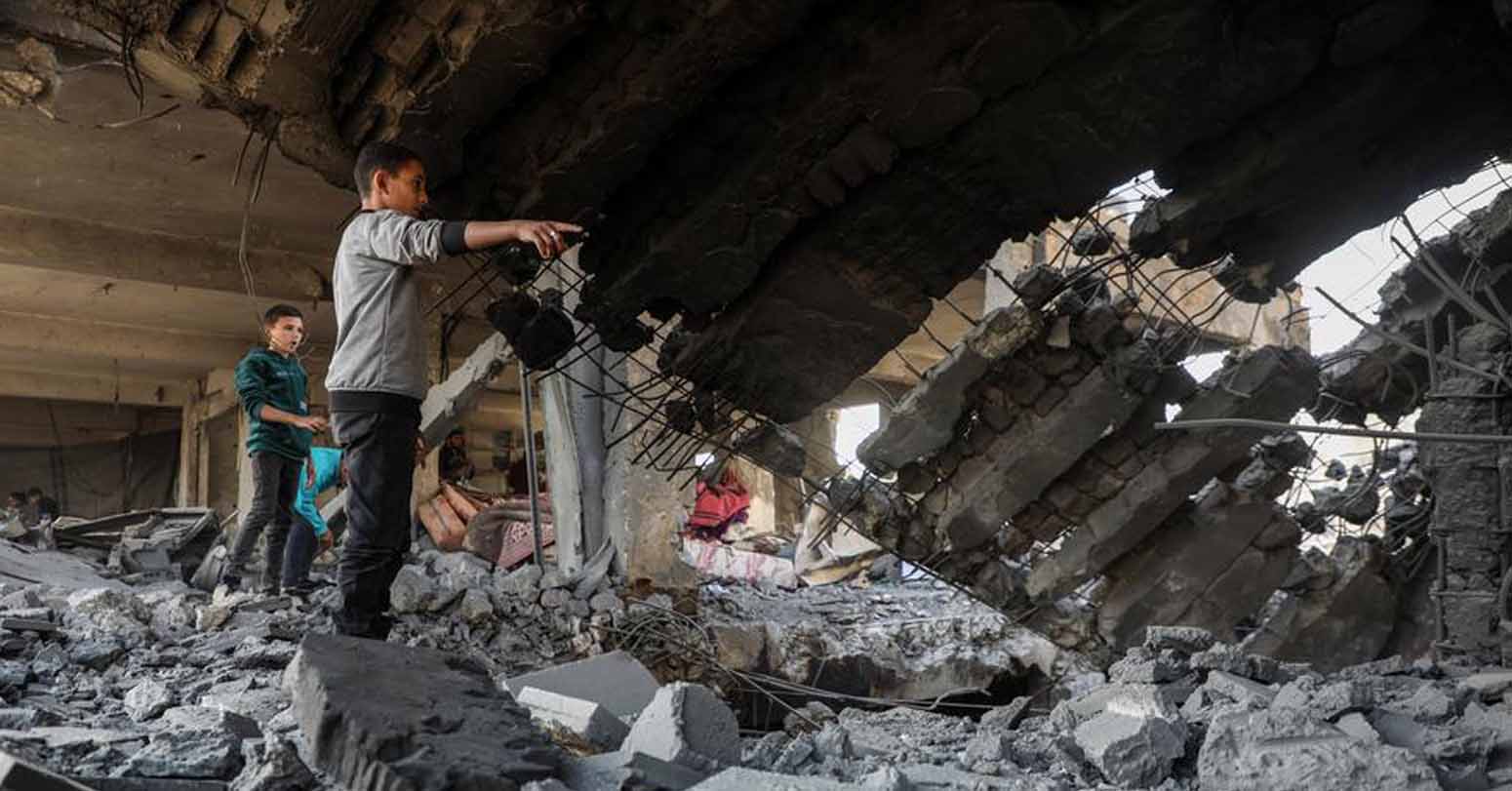

Middle-aged man spends millions to
Dr. Dharam Raj Upadhyay: Man
Children, Greatest Victims Of Sudan’s
Breathing The Unbreathable Air
Comprehensive Data Protection Law Critically
Gender Differences In Mental Healthcare